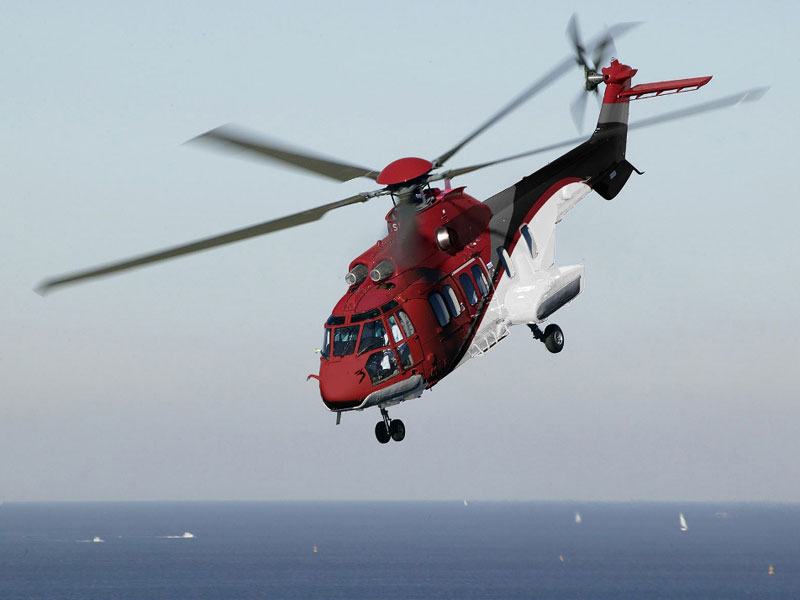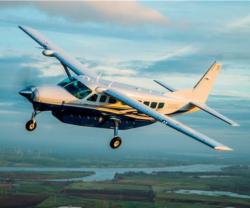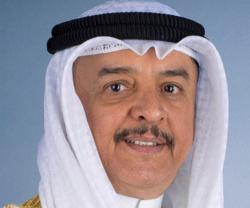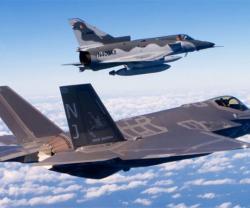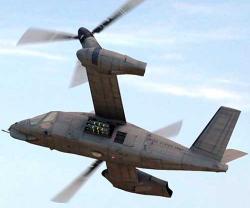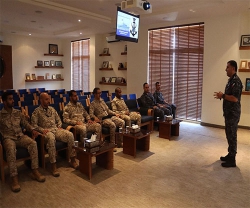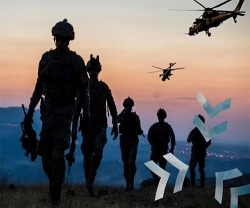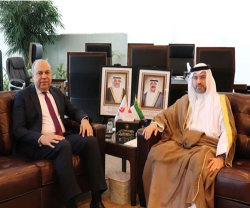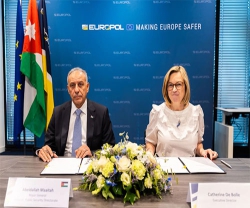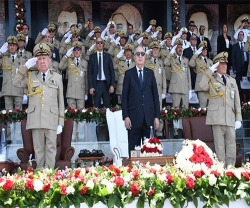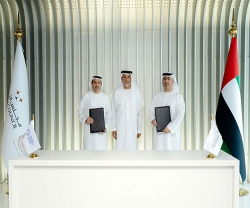Eurocopter EC225 Helicopters to Resume Flights
23.07.2013 Europe
A return to flight of EC225 helicopters suspended from service will begin this month following approval of the prevention and detection measures developed by Eurocopter for the twin-engine rotorcraft throughout its range of missions.
The European Aviation Safety Agency (EASA) regulatory authority validated on July 10 these safety measures, which were developed by Eurocopter after an extensive investigation into the main gear box shaft failures of two EC225 helicopters in the North Sea in 2012. EASA’s validation was followed by the U.K. Civil Aviation Authority’s lifting of operational restrictions on the same day, with the Civil Aviation Authority of Norway taking the step on July 19. This allows the full return to service of EC225s worldwide.
Also validated by EASA are Eurocopter modifications to the EC225’s main gear box emergency lubrication system that ensure its full performance throughout the flight envelope.
“I am convinced that the designed and approved measures are the right ones, allowing a safe return to service of the entire fleet,” said Guillaume Faury, President and CEO of Eurocopter.
“Eurocopter’s teams remain entirely mobilized to support our customers in the return to service and full availability of their EC225s. Together, we are committed to a shared priority – safety first,” he added.
Certain EC225 operations were affected by the national authorities’ restrictions, particularly for North Sea offshore oil and gas transportation missions, while other helicopters continued flying with initial safety measures defined by Eurocopter. These helicopters have logged more than 20,000 flight hours since last October without incident.
Eurocopter is now supporting helicopter operators as they modify the aircraft in accordance with EASA’s airworthiness directive, enabling the full EC225 return to flight.
Eurocopter has worked closely with EC225 customers to keep them informed of its investigation into the shaft failures and the subsequent development of safety measures. A dedicated Knowledge Center website (www.ec225news.com) has been created featuring up-to-date EC225 information. It includes details about the approved safety measures, background material on the investigation’s methodology, and frequently asked questions. The website’s content is aimed at customers as well as passengers who fly aboard these helicopters.
Eurocopter teams are equally coordinating their efforts with operators and the oil and gas industry to help passengers feel informed and confident in the return to service.
The EC225 is an 11-ton-class rotorcraft in Eurocopter’s Super Puma family. With more than 300,000 flight hours accumulated in service worldwide, it is deployed in civil, military and parapublic operations that range from offshore transportation and cargo airlift to Search and Rescue (SAR) duties.
The European Aviation Safety Agency (EASA) regulatory authority validated on July 10 these safety measures, which were developed by Eurocopter after an extensive investigation into the main gear box shaft failures of two EC225 helicopters in the North Sea in 2012. EASA’s validation was followed by the U.K. Civil Aviation Authority’s lifting of operational restrictions on the same day, with the Civil Aviation Authority of Norway taking the step on July 19. This allows the full return to service of EC225s worldwide.
Also validated by EASA are Eurocopter modifications to the EC225’s main gear box emergency lubrication system that ensure its full performance throughout the flight envelope.
“I am convinced that the designed and approved measures are the right ones, allowing a safe return to service of the entire fleet,” said Guillaume Faury, President and CEO of Eurocopter.
“Eurocopter’s teams remain entirely mobilized to support our customers in the return to service and full availability of their EC225s. Together, we are committed to a shared priority – safety first,” he added.
Certain EC225 operations were affected by the national authorities’ restrictions, particularly for North Sea offshore oil and gas transportation missions, while other helicopters continued flying with initial safety measures defined by Eurocopter. These helicopters have logged more than 20,000 flight hours since last October without incident.
Eurocopter is now supporting helicopter operators as they modify the aircraft in accordance with EASA’s airworthiness directive, enabling the full EC225 return to flight.
Eurocopter has worked closely with EC225 customers to keep them informed of its investigation into the shaft failures and the subsequent development of safety measures. A dedicated Knowledge Center website (www.ec225news.com) has been created featuring up-to-date EC225 information. It includes details about the approved safety measures, background material on the investigation’s methodology, and frequently asked questions. The website’s content is aimed at customers as well as passengers who fly aboard these helicopters.
Eurocopter teams are equally coordinating their efforts with operators and the oil and gas industry to help passengers feel informed and confident in the return to service.
The EC225 is an 11-ton-class rotorcraft in Eurocopter’s Super Puma family. With more than 300,000 flight hours accumulated in service worldwide, it is deployed in civil, military and parapublic operations that range from offshore transportation and cargo airlift to Search and Rescue (SAR) duties.
Previous PostSaab Wins Artillery Ammunition Order
Latest news
Latest events
IDEF 2025 Turkey - International Defence Industry Fair
22 - 27 Jul 2025Istanbul Expo Center - TurkeyDSEI 2025
09 - 12 Sep 2025Excel, London - United KingdomIntersec Saudi Arabia
29 Sep - 01 Oct 2025Riyadh International Exhibition & Convention Centre - Saudi ArabiaDubai International Air Chiefs’ Conference (DIACC 2025)
16 Nov 2025Atlantis, The Palm Dubai - United Arab Emirates

